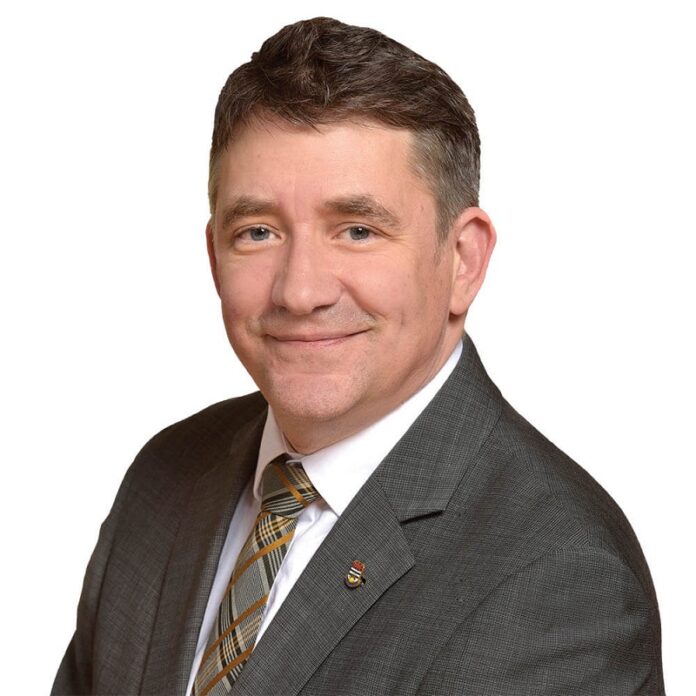THE voices of British Columbians who have experienced period poverty are highlighted in the United Way Period Promise Research Project Final Report released on Wednesday.
“People should not have to face making the choice between buying menstrual products or food,” said Nicholas Simons, Minister of Social Development and Poverty Reduction. “I thank the United Way of the Lower Mainland for its valuable work on this report, which will help us shape our approach to ending period poverty.”
The Ministry of Social Development and Poverty Reduction provided $107,000 to the United Way of the Lower Mainland to conduct the Period Promise Research Project. Free menstrual products were distributed to 12 non-profit agencies throughout the province to provide to clients. The agencies reported back on the results of the project and, where possible, clients were asked for feedback on their experience with period poverty. Research was also conducted through a public online survey.
The final report highlights how the lack of access to menstrual products has a negative effect on people’s daily activities and participation in their community. It also focuses on the stigma around periods and menstrual products, and how that stigma is an added barrier to access. These impacts are magnified for Indigenous individuals and people living with disabilities.
The United Way’s report provides four recommendations and suggests avenues of further research on how to better address period poverty.
The findings and recommendations in the report will assist government as work on TogetherBC, the Province’s first poverty reduction strategy, continues to find ways to make life more affordable for all British Columbians.
Grace Lore, Parliamentary Secretary for Gender Equity, said: “No one should feel compromised or left out of everyday activities simply because they can’t access basic hygiene products. This comprehensive research will forward the conversation on combating menstrual stigma and find community-based solutions that ensure better access to menstrual products.”
Niki Sharma, Parliamentary Secretary for Community Development and Non-Profits, said: “We rely so much on non-profit agencies across B.C. to make our societies more equal. Non-profits have stepped up to partner with us in our efforts to end period poverty. By working together, I know we can tackle this important issue for many women, girls and all persons who menstruate in B.C.”
Michael McKnight, President and CEO, United Way of the Lower Mainland, said: “Thanks to Minister Simons and the Government of British Columbia for helping make this landmark research into period poverty possible. It is clear that period poverty is a widespread issue in our province and it has a big impact on people’s connection to community. We hope this report strengthens everybody’s understanding of the issue and raises awareness of the role that accessible community-based non-profits are playing as part of the solution.”
Louise Sallai, Housing, Homelessness and Health Manager, Fraser Region Aboriginal Friendship Centre Association, added: “This report validates period poverty as a real issue. We hope it will be used to build sustainable, community-led solutions on this critical issue that is this under reported and under discussed. Periods are a fact of life, and with this research, menstruation products should finally be recognized as a basic necessity.”
Quick Facts
* Students in B.C. have had access to free menstrual products in the washrooms of all public schools since 2019.
* The United Way estimates the annual cost to purchase menstrual products is $70.
* A study released by Plan Canada in 2018 indicated 23% of Canadian respondents had struggled to afford menstrual products for themselves or their dependants.
* TogetherBC aims to reduce overall poverty in the province by 25% and cut child poverty in half by 2024.
The final report on the United Way Period Promise Research Project is available here:












